Music of Conscience, Restraint, and Purpose
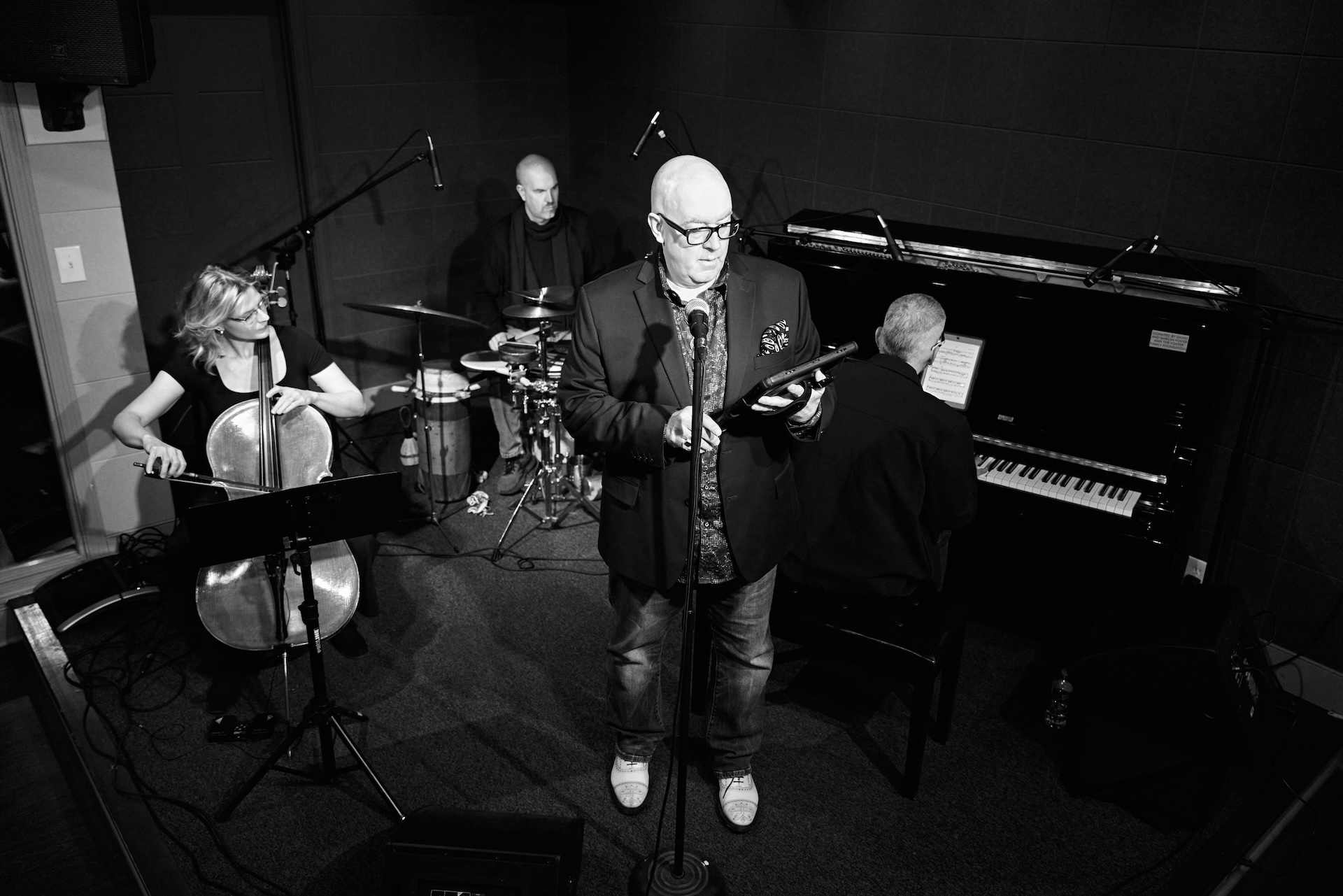
The Black Square Ensemble is a chamber music project led by composer and pianist Earl MacDonald, bringing together a bass-baritone vocalist, cello, percussion, and piano to create works that respond directly to the social and ethical realities of the present moment.
At the center of the ensemble’s work is a commitment to carefully notated composition, contemporary poetry, and disciplined performance. Drawing from Western art music, global rhythmic traditions, and the harmonic sensibility of jazz—without relying on improvisation as a primary driver—the ensemble creates music that is deliberate, text-driven, and slow to reveal itself.
The repertoire engages themes of climate change, human rights, racial justice, and civic responsibility. These are not abstract concerns, but lived realities addressed through music that values clarity, gravity, and emotional honesty.
Origins and Aesthetic
The ensemble takes its name from Kazimir Malevich’s 1915 painting Black Square—a radical act of artistic refusal that rejected ornament in favor of essential form. In a similar spirit, the Black Square Ensemble resists stylistic excess, choosing instead a focused, architectural approach to sound.
MacDonald’s compositions are shaped by restraint and intention. Classical lineage, jazz harmony, and global influences are not juxtaposed for effect, but integrated into a cohesive musical language that privileges meaning over display.
Meet the Musicians
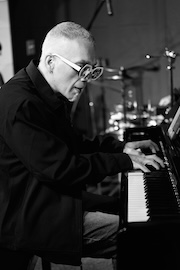
Earl MacDonald, piano & composition
Professor of Music and Director of Jazz Studies at the University of Connecticut, MacDonald is a two-time JUNO nominee and recipient of the Sammy Nestico Award and the Connecticut Office of the Arts’ Artistic Excellence Award. His recent work marks a decisive shift toward fully notated, socially engaged composition, treating music as a form of witness rather than escape.
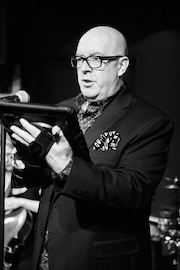
Rod Nelman, bass-baritone
Praised as a “superb singer-actor” (The Washington Times), Nelman has appeared with the Metropolitan Opera, Washington National Opera, Orpheus Chamber Orchestra, and the Arena di Verona. His voice provides the ensemble’s emotional center—operatic in weight, intimate in delivery, and deeply attuned to text.
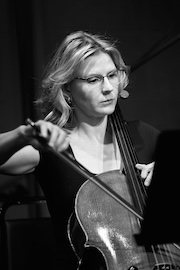
Amanda Gookin, cello
A founding member of the Grammy-nominated PUBLIQuartet and a leading advocate for equity in the arts, Gookin brings a fearless expressive range to the ensemble. Her playing moves fluidly between lyricism and urgency, functioning as both countervoice and catalyst.
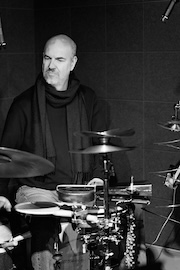
Rogério Boccato, percussion
Featured on multiple Grammy-winning and nominated recordings, Boccato has collaborated with artists including Maria Schneider, Danilo Pérez, and Hermeto Pascoal. His rhythmic language—rooted in Brazilian traditions—adds depth, motion, and subtle propulsion to the ensemble’s sound.
Social Engagement
A central work for the ensemble is a newly composed song cycle setting poetry by UConn English Professor V. Penelope Pelizzon, addressing climate justice, ecological disruption, and human displacement. Scientific perspectives from UConn Professors David Wagner and Elle Ouimet inform the project, grounding the music in research as well as reflection.
Additional texts by Sara Goudarzi, Rev. Dr. Michael Pfleger, and Everette Hoagland further expand the ensemble’s engagement with questions of dignity, responsibility, and collective action.
Intent
The Black Square Ensemble is not a crossover project, nor an exercise in stylistic novelty. It is a sustained inquiry into what it means to compose—and to listen—responsibly.
As MacDonald describes it:
“This music is not neutral. It asks for attention. It asks for thought.”
Recent and Upcoming Activity
The Black Square Ensemble made its debut with a concert performance on November 14, 2025, followed by a studio recording on November 15, 2025. The resulting album is currently in post-production and is scheduled for release in 2026.
On July 20, 2026, the ensemble will appear as part of the Paul Brown Monday Night Jazz Series, presented by the Hartford Jazz Society, at the Thomas D. Harris IV Pavilion in Bushnell Park, Hartford, Connecticut. The ensemble will be featured on an evening themed around social justice.
Additional performances and touring are planned following the album’s release.